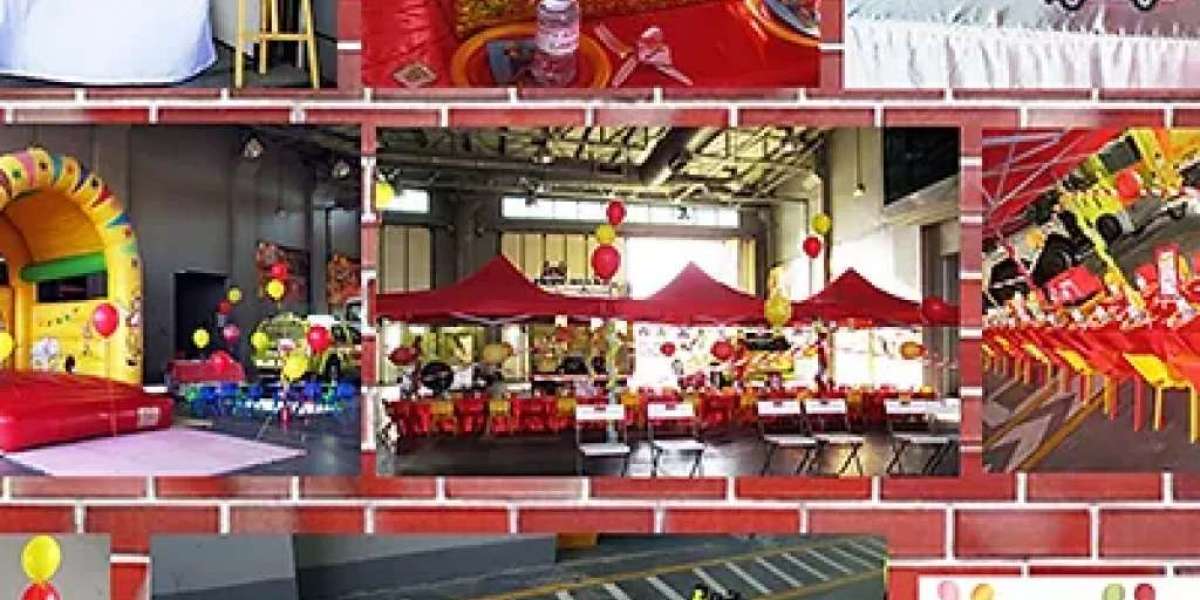Introduction
Entering the Indian market is a major opportunity for global manufacturers, but regulatory compliance plays a crucial role in determining success. India has strict quality and safety standards to protect consumers, and among these, the BIS FMCS certification stands out as one of the most important approvals. Any foreign manufacturer intending to sell products under the mandatory ISI scheme must obtain a BIS License through the Foreign Manufacturers Certification Scheme (FMCS).
This blog provides a detailed, structured, and easy-to-understand guide on the BIS FMCS process, the BIS Registration for Foreign Manufacturer, documentation needs, benefits, timelines, and compliance requirements.
What Is BIS FMCS?
BIS FMCS (Foreign Manufacturers Certification Scheme) is a special licensing scheme introduced by the Bureau of Indian Standards (BIS) for foreign manufacturers who wish to sell their regulated products in India with the ISI mark.
Products falling under mandatory ISI schemes—such as electrical appliances, steel products, cement, protective equipment, wires, chemicals, and industrial materials—must comply with Indian Standards irrespective of the location of their manufacturing unit.
Under the FMCS scheme:
- A BIS officer must visit the foreign factory for inspection.
- Samples must be tested in a BIS-recognized laboratory.
- Quality systems must meet Indian Standards.
- The BIS License is issued only after full verification.
In short, no foreign manufacturer can legally use the ISI mark on regulated products without BIS FMCS approval.
What Is BIS Registration for Foreign Manufacturer?
BIS Registration for Foreign Manufacturer refers to the official licensing process where international manufacturers apply for BIS approval under FMCS to sell products in India. This registration ensures that:
- The product is safe for Indian consumers
- It meets all ISI specifications
- It passes BIS-recognized laboratory tests
- The foreign manufacturing facility complies with all inspection requirements
Foreign manufacturers cannot bypass this process, and importers in India cannot sell such products unless the manufacturer is already BIS-licensed.
Why BIS FMCS Is Mandatory for Foreign Manufacturers
BIS FMCS is essential for foreign manufacturers because:
- India mandates ISI marking for various product categories
- Only BIS-certified products can legally enter the Indian market
- Indian importers prefer BIS-licensed products to avoid customs delays
- BIS certification boosts credibility and consumer trust
- It reduces risks of rejection, penalties, or market withdrawal
Thus, BIS FMCS helps foreign brands enter India smoothly and legally.
Products That Require BIS FMCS
Foreign manufacturers must apply under the FMCS scheme for products such as:
- Steel products (rods, bars, sheets, plates)
- Electrical appliances
- Household items
- Industrial valves
- Batteries
- Pressure cookers
- Protective gear
- Cement
- Chemicals and polymers
The list is regularly updated by BIS, so manufacturers need to verify their category before planning export to India.
Step-by-Step Process for BIS FMCS Certification
Below is a clear and complete outline of the BIS FMCS approval process:
1. Identifying Indian Standards (IS)
The manufacturer must identify which IS code applies to their product. Each product category has a different Indian Standard. Selecting the wrong IS code may cause rejection.
2. Documentation Preparation
Documents include:
- Factory registration papers
- Manufacturing process description
- Machine list and equipment details
- Quality control procedures
- Product specification sheets
- Internal lab details
- Factory layout
- Authorization letter
- Business license
- ISO certification (if required)
Accuracy in documentation helps avoid delays.
3. Sample Testing in BIS-Recognized Lab
The manufacturer must send product samples to a BIS-approved laboratory. Only test reports from BIS-recognized labs are accepted. The product must fully comply with the applicable Indian Standard.
4. Application Submission
Submit the online application along with:
- Test reports
- All documentation
- BIS fees
- Inspection charges
BIS evaluates the application and schedules inspection.
5. BIS Factory Inspection
A BIS officer travels to the foreign manufacturing unit to verify:
- Manufacturing capability
- Quality assurance systems
- Product consistency
- Testing equipment accuracy
- Raw material quality
The inspection is mandatory for all FMCS applications.
6. Grant of BIS FMCS License
If inspection results and test reports meet BIS standards, BIS issues the FMCS License. The manufacturer can now affix the ISI mark on products exported to India.
7. Post-License Surveillance
BIS continues monitoring through:
- Surprise inspections
- Market sample testing
- Renewal procedures
This ensures continuous compliance.
Challenges Faced by Foreign Manufacturers
Foreign manufacturers often face difficulties such as:
- Understanding Indian regulatory requirements
- Preparing accurate documentation
- Coordinating sample testing from other countries
- Language barriers during inspection
- Preparing for factory audits
- Managing application fees and timelines
- Ensuring ongoing compliance
Because of these challenges, certified experts play a critical role in assisting foreign brands.
Benefits of BIS FMCS and BIS Registration for Foreign Manufacturers
Obtaining BIS FMCS offers advantages including:
- Legal permission to sell regulated products in India
- Increased trust among Indian buyers
- Smooth customs clearance
- Improved market competitiveness
- Reduced rejection and compliance risks
- Long-term business stability
A BIS license is a mark of quality and reliability that significantly strengthens a foreign manufacturer’s brand presence in India.
Final Words
For foreign manufacturers planning to enter the Indian market, BIS FMCS and BIS Registration for Foreign Manufacturer are essential compliance steps. The process may be complex, but with the right guidance, documentation support, and end-to-end assistance, manufacturers can achieve approval smoothly and confidently.
For expert BIS FMCS guidance and compliance support, visit sunconsultants.co.in



